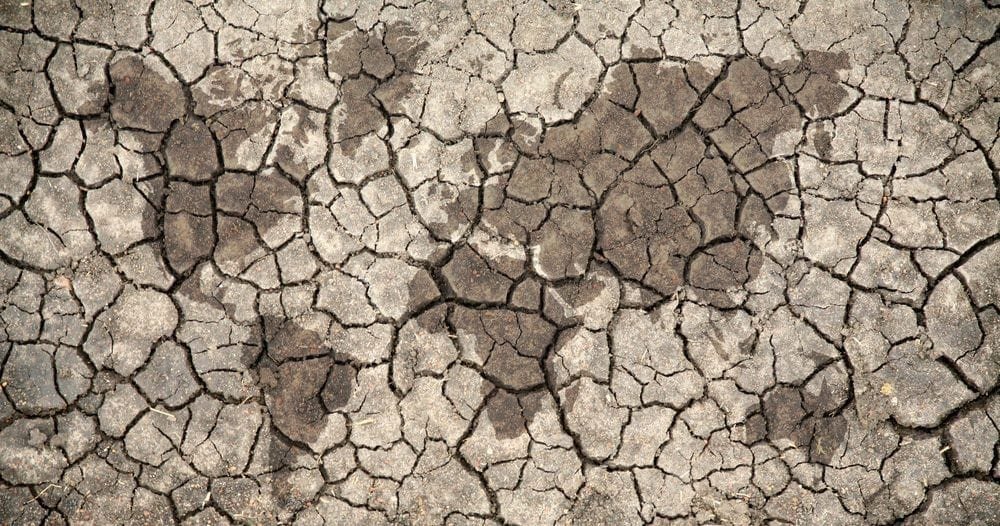Denmark, the UK, Sweden, Belgium and France have all made the top 10 in 2016’s Climate Change Performance Index (CCPI) – but Australia, Japan, Korea and Canada rank in the bottom six.
The world’s best climate policies – UN report reveals best practice climate policies from around the world
‘No country’s doing enough’
The CCPI was designed to improve transparency in international climate politics. It evaluates and compares the climate protection performance of 58 countries that are together responsible for more than 90% of global energy-related CO2 emissions.
As with previous years, the first three positions have been left free because, according to the CCPI’s authors, ‘no country is acting enough to prevent dangerous climate change’.
‘The CCPI ranking is qualified in relative terms rather than absolute terms. Therefore, even those countries with high rankings have no reason to sit back and relax. On the contrary, the results illustrate that even if all countries were as involved as the current front runners, efforts would not yet be sufficient to prevent dangerous climate change.’
Climate Change Performance Index 2016
4: Denmark
For the 5th time, Denmark leads the CCPI ranking in 4th place. Effective climate protection policies for energy efficiency and the promotion of renewable energies have already been implemented, making Denmark a role model in terms of climate protection.
Still Denmark has lost some ground when compared with last year; the distance to the UK and Sweden is closing and some commenters see Denmark, with its new government, at risk of losing the leading position.
Experts are concerned about recent developments: the questioning and cancellation of existing climate and energy targets and budget cuts for climate protection measures.
5: UK
This year, the United Kingdom moved from 6th to 5th in the CCPI. Coming from a relatively low emissions level, the UK continues to expand its renewable energies – which has been rewarded with an improvement of three places in this category.
In November 2015, the government announced a nationwide coal phase-out with a settled deadline.
6: Sweden
Sweden, last year’s 2nd winner, lost its ranking to the UK – but it still has a good position (6th) in the overall ranking. The country leads in the efficiency category and slightly improved its score in the ‘emissions level’ category.
Sweden has one of the highest shares of renewables in the European Union and is therefore rewarded with a placement in the upper range. Experts criticise the government for squandering the good results of the country’s previous efforts.
8: France
Just in time for its COP presidency, France climbed six places to arrive in the top 10 (position 8). The country has the lowest level of per-capita emissions in the G7 and also a decreasing emission trend.
Regarding the share of renewables, France is still below the global average but growth rates are positive.
10: Morocco
Morocco, which already earned a relatively good ranking last year, improved one rank to position 10 to secure a top-10 placement. The country also submitted one of the few INDCs to receive a relatively good evaluation by experts.
The restrained announcement of increasing the share of renewable electricity capacity to 42% is already anchored in national legislation. Morocco holds 5th place in the policy category.
22: Germany
Due to the high share of lignite in the energy supply, Germany’s emissions score did not improve in comparison with last year and the country ranks 22nd.
Regarding the renewable sector, Germany still performs relatively well but other countries have begun to catch up. As an EU member state, Germany did not submit its own INDC but defined more ambitious domestic targets than those of the EU.
At the G7 meeting in June 2015, the German presidency pushed for a very ambitious climate agenda, which was acknowledged by national experts and improved Germany’s policy evaluation by seven places.
Chancellor Merkel also bilaterally played a constructive role in the preparation of Paris. Some days before Paris, environmental minister Hendricks opened the official debate to phase out coal in Germany until 2035 or 2040. The result of this debate will critically influence the future emission trends and ratings of Germany in the CCPI.
24: Indonesia
Indonesia gained two places compared with its position last year. Ranking 24th, it has fairly low energy-related emissions but a worsening emissions development. Improvements can be seen in the renewable and the efficiency scores.
Despite existing regulations to stop land conversion and a new law to move the permit authority from regional to national level, illegal deforestation continues and has increased drastically in recent months.
25: India
India climbed six places this year up to 25. The country performs second best in emissions level but ranks 59th in emissions development.
Regarding renewables and efficiency, India’s scores improved slightly. National experts value a shift of investments from coal to the renewables sector, including a massive expansion of solar energy.
India plans to use non-fossil fuel sources for 40% of installed power capacity by 2030 and so improved its score in the policy ranking.
 Play Video about This Rock Might Just Save The World
Play Video about This Rock Might Just Save The World Play Video about Play 2 hours of rock
Play Video about Play 2 hours of rock Play Video about Play 2 hours of brook
Play Video about Play 2 hours of brook Play Video about Play 2 hours of sheep
Play Video about Play 2 hours of sheep











































